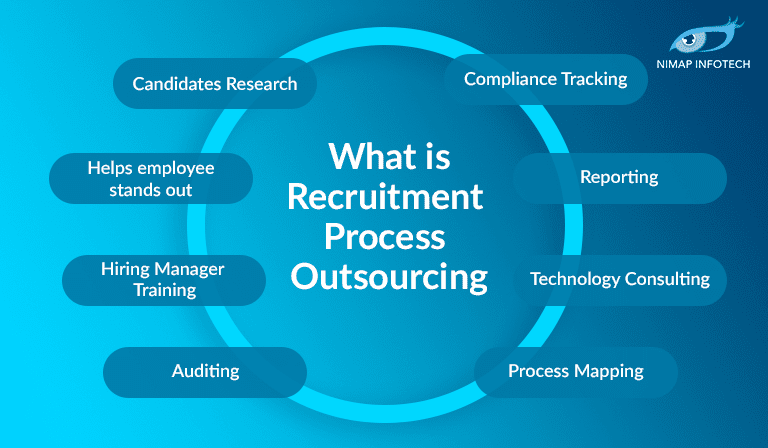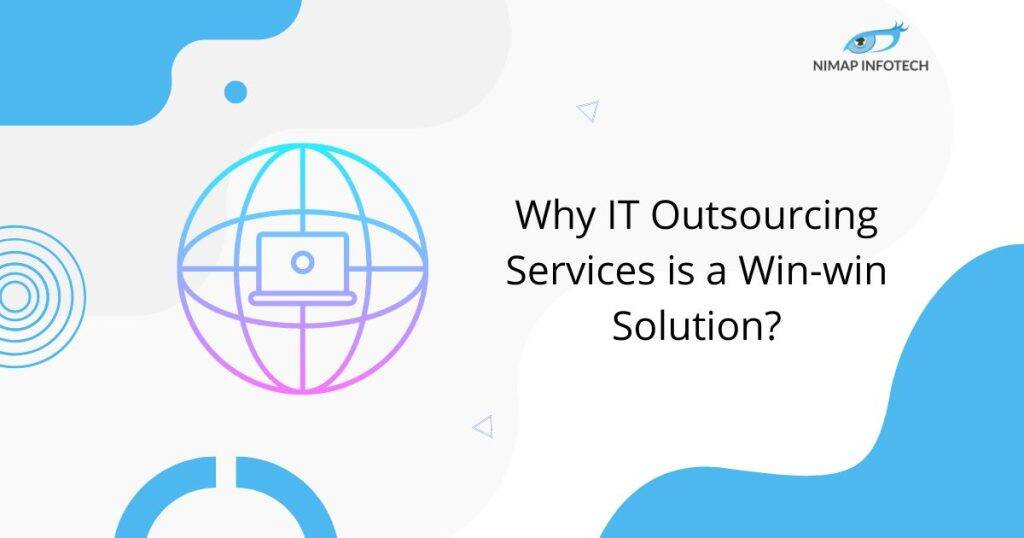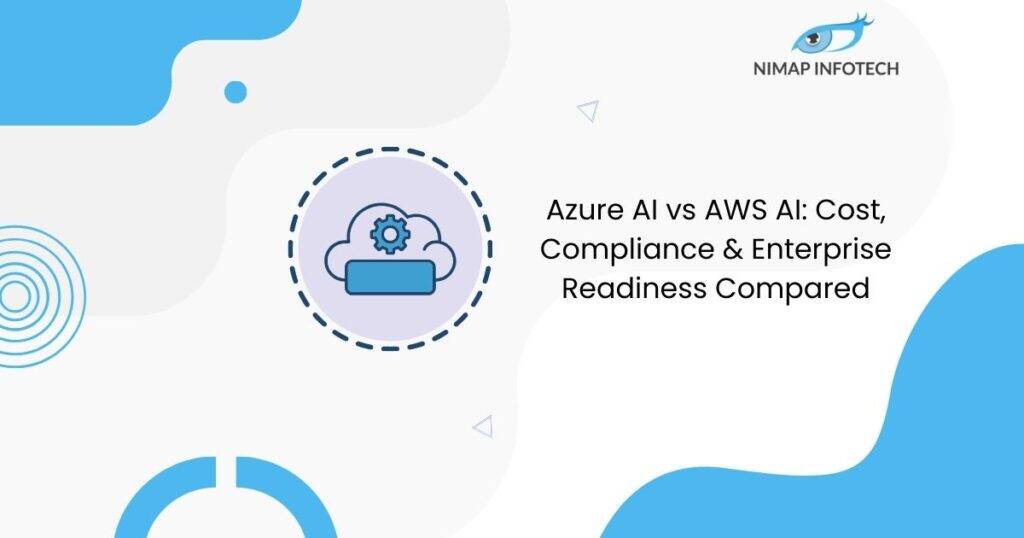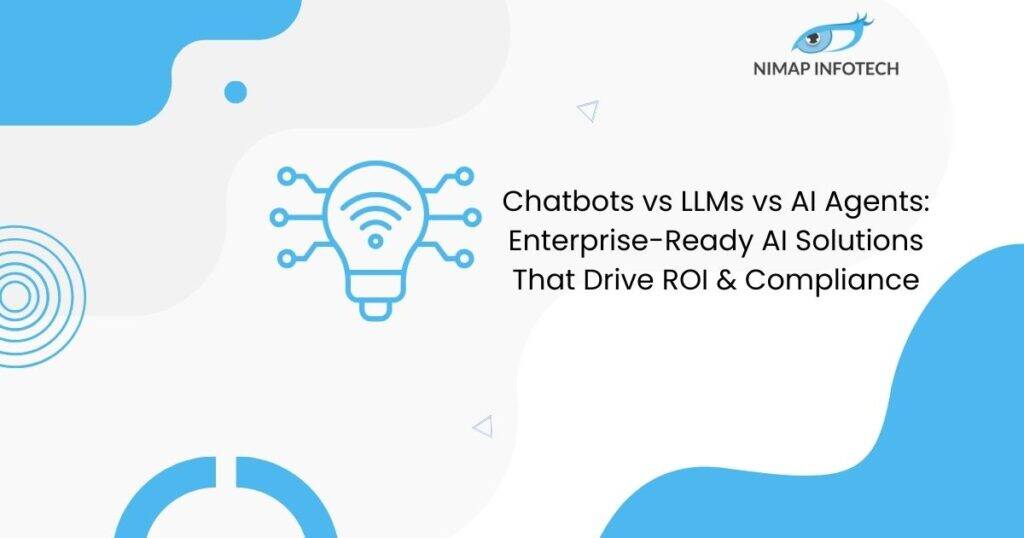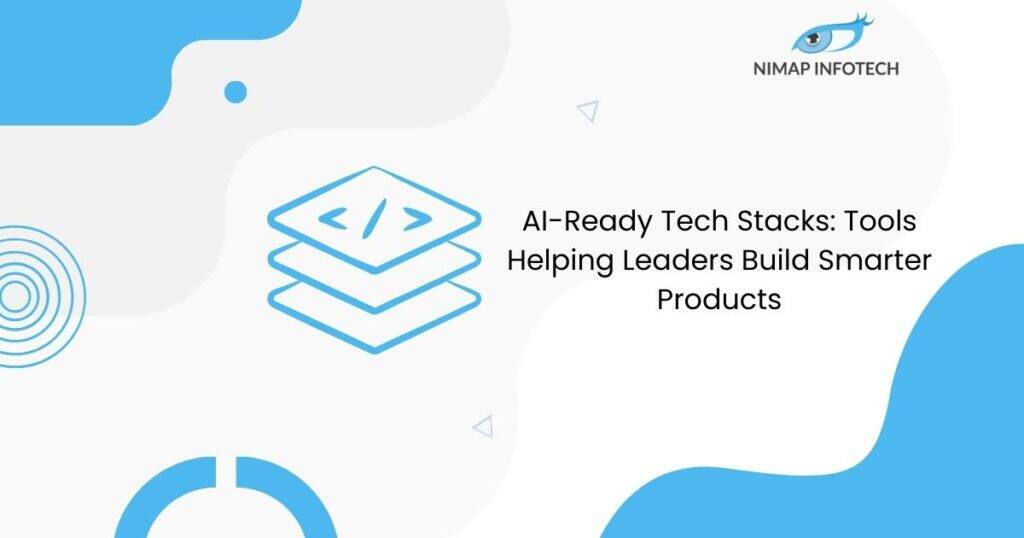Definition – Recruitment Process Outsourcing (RPO) is a type of outsourcing processing where a company’s employees transfer all or part of the company’s recruitment functions to other service providers. For example, some companies choose to only outsource time-consuming criminal or vevo checks, whilst others would prefer a recruitment firm to manage all stages of the recruitment process until the final interview.
It is much more than just filling out the open job positions. More about improving the complete organization’s recruiting process. It then becomes the job of a third party expert to drive cost, quality, efficiency, service, and scalability benefits. Managing and doing this well, third-party experts make RPO reduce their time to hire by 40%.
Use of RPO –
It is mainly used by medium or large size companies where involvements are more. More primarily needed by employers for talent acquisition in specialized areas. Attracting new potential employees to your firms it saves the time of the HR to focus more on internal issues and tasks.
How Does RPO Process Work?
Outlining the scope of the project, timing, cost, and many more other things, RPO typically starts with recruitment processing outsourcing. Finding a good fit for your company it focuses on delivering high-quality candidates. Divided into further steps to explain you in a better way –
Source – When networking helps you bring job positions, deep sourcing expertise becomes an essential component for recruitment strategy. RPO providers then develop the targeted sourcing strategies to address the needs of specific industries.
Screen –
This process of screening helps in creating a pool of candidates who are a good fit for the position. Ensuring that clients receive only candidates who fit well with the culture of the company.
Recruit –
RPO firms make sure they find the best person for the job. Acting as a brand representative they promote your brands consistently. Accordingly, they plan, message, schedule interviews, handle salary negotiations and maintains tight quality control.
Related: How Much Outsourcing Software App Development Costs?
Report –
They then further keep reporting their clients to provide all the data details like time, retention rates and productivity.
With all these processes it has become the fastest-growing recruiting service model. Big companies who are running in competitions with other industry fellows require services from RPO. Using their ability to find the best they fill the gap that requires talent.
RPO Services
- Candidates Research
- Compliance Tracking
- Helps employee stands out
- Hiring Manager Training
- Reporting
- Auditing
- Process Mapping
- Technology Consulting
Benefits of Recruitment Process Outsourcing (RPO)
RPO solutions bridging the gap between traditional recruiting methods and current hiring demands helps you hire the skillful candidates for demanding positions.
Here, are some of the few benefits RPO services provide you are :
Reduce Costs Per Hire – RPO helps you save your budget by lowering the hiring costs. Unlike traditional recruiting methods it does not maintain full-time recruiters.
Takes Less Time to Hire – Utilizing the best recruitment technologies, industry expertise and referral networks, RPO takes much lesser time to fill out the open positions.
Focuses on your Needs – It doesn’t matter how much number of employees you ask them. They’ll make sure they meet your needs by finding the best candidate for each position.
Must Read: How to successfully outsource software development.
Hires Improved and Talented Candidates – Big organizations require highly-qualified talented employees for their organizations. RPO recruiters will help you find the suiter depending on your organization.
Gain Transparency through Reporting – Regular reporting of employees performances helps you keep track of their actions.
Company’s Demands – RPO solutions customize their services depending on the needs and requirements. Depending on your want to hire or outsource the employee.
Difference Between RPO and Traditional Recruiting
The biggest advantage that you receive while working with recruitment processes is that they just don’t pay attention to fulfilling the vacant positions. They work for your organization’s recruiting process as a whole. They look over and manages your company’s overall turnover rates, technology, scalability, and many others.
Unlike traditional recruitment methods who use traditional ways like printing the ads on newspapers, distributing pamphlets, campus visiting or by asking the existing employees to bring suitable candidates.
Modern recruitment includes more of in-person contact. RPO tries and makes searches of potential employees online. They use all the social networking sites, make calls, meets and take in-person interviews to choose the best.
Traditional ways were merely concerned about filling the vacant positions. While modern recruiters, on the other hand, manage and perform all the functions to bring employees who appear helpful in bringing productivity to your business.
Pros and Cons of RPO
Recruitment process outsourcing is majorly tied up with companies offering larger services. Based on the performance factor RPO and other companies file a contract between the two. This saves companies time and effort in finding people of their own. And gives clarity and time to focuses more on internal things.
The con it includes is that it costs your money by paying to third-party service providers.
Conclusion
Modern recruiting process outsourcing (RPO) offers more easy and reliable ways of finding potential employees. Where traditional processes, on the other hand, are vague and unclear. RPO’s are more professional and takes their work seriously. Focussing on the accountability, resources, and expertise they make sure you receive result-oriented employees.
Wants to outsource or hire potential employees for your work? Connect with good RPO services to choose the best for your firm.
Author
-

A technology enthusiast with over 14+ years of hands-on experience in the IT industry, I specialize in developing SaaS applications using Microsoft Technologies and the PEAN stack. I lead a team of 300+ engineers, holding multiple Microsoft certifications (MCSD, MCTS, MCPS, MCPD). My expertise spans across C#, ASP.NET, NodeJS, SQL Server, and Postgres.
View all posts

